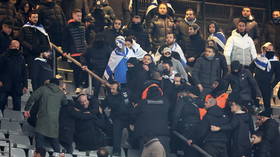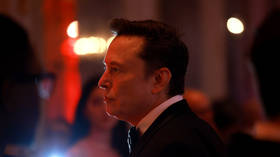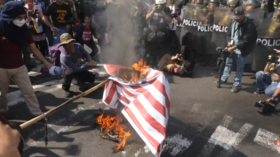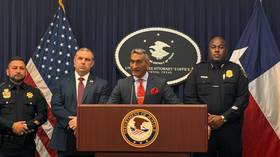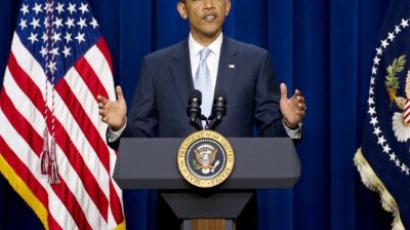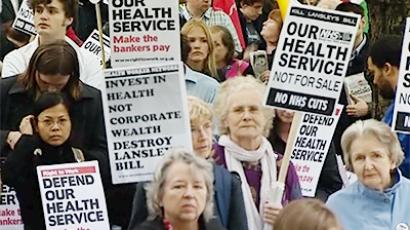“Rebels” are power-hungry terrorists, say Libyan refugees
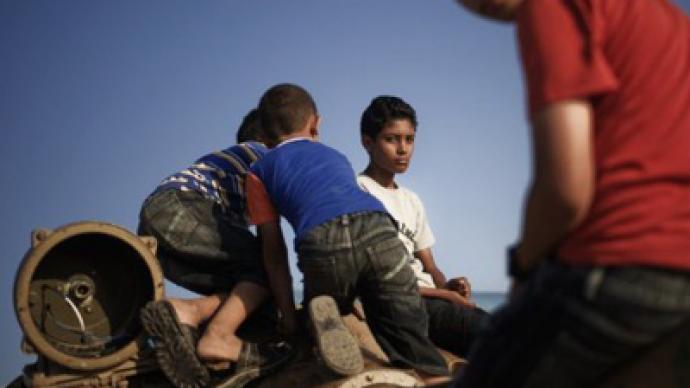
Civilian casualties have raised serious misgivings about NATO intervention in Libya, even among supporters of the ongoing aerial campaign. And while the international community is taking sides in the conflict, it is the Libyan people who suffer most.
Salma and her family escaped from the Libyan rebel stronghold of Benghazi to hide in a refugee camp in the west of the country when life in their native city turned into a nightmare.“It’s not safe there anymore. It’s become dangerous. And that’s not only because of explosions and gunshots. One day, people from the government in Benghazi – you call them rebels, we call them terrorists – came to me and told me, ‘we have to arrest your daughter, because we know that she supports Gaddafi," Salma told RT.The escape has been long and hard for the women and their family, says Moona, another refugee.“I had to hide for some time from them, as they’ve been searching for me. Then we knew that there was a bus coming from Benghazi to Tunisia, the bus with the rebels, for their purposes. We took that bus, with our faces covered, and everybody was against Gaddafi there. We told them that we are also against and they let us in. We kept silent till we went to Egypt and from there via Tunisia we were sent here,” she recalled.Salma’s brother Sabri, a surgeon, has also fled the city. He says they have made three attempts on his life, but he only left when he saw a killing.“They took him from the ICU and killed him in front of the ICU and hanged his body on the wall of the hospital,” he said, describing what happened to one of the patients.The doctor says the people from the National Transitional Council were behind it – the rebels’ official political body formed after the revolution in Libya started in mid-February. Its members are recognized by many countries throughout the world as the only legitimate representatives of Libya.“There is no opinion other than their opinion. You are either with them or against them. They talk about freedom and democracy but there is no freedom and democracy. They just want the power,” doctor Sabri explains.The refugees in the camp say they now finally feel safe. But it is not that safe from this side of the frontline either.People gathered at a cemetery in Sabratha, the western region of Tripoli, to bury those killed in what the Libyan government says was a NATO airstrike. A bomb apparently landed on a private compound, flattened it and killed 15 people, including three kids.“We have been calling for peace and negotiation for months and no one wants to listen to us. Now we have to pay a very heavy price of civilian casualties and also military casualties. I think the time has come for the world to understand that this conflict has to come to an end immediately,” says Moussa Ibrahim, a spokesman for the Libyan government.But it is very unlikely to happen anytime soon. The newly dug ground in the cemetery is still fresh, while NATO has already claimed that the operation to “protect civilians” must go on.



